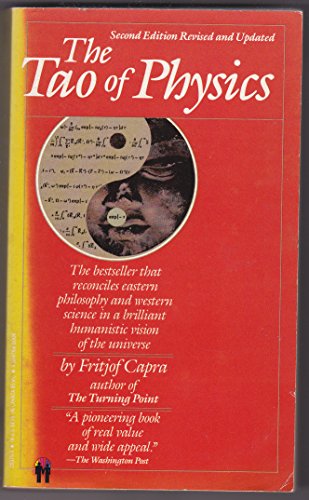

GH – In The Systems View of Life, you advocate for moving from quantitative to qualitative growth. These parallels had been hinted at before by some of the leading quantum physicists, including Werner Heisenberg and Niels Bohr, but I was the first scientist to explore them in detail in my book The Tao of Physics. During the 1960s I also became interested in Eastern philosophy, following the zeitgeist of that period, and I discovered striking parallels between the worldview implied by modern physics and the views of Eastern spiritual and philosophical traditions. This change of paradigms has been my main interest as a scientist and writer. The new concepts have brought about a profound change in our worldview from the mechanistic worldview of Descartes and Newton to a holistic and ecological view. GH – How do physics and meta-physics connect to become The Tao of Physics?įC – During the first three decades of the twentieth century, a dramatic change of concepts and ideas occurred in quantum physics.

What we are lacking is political will and leadership. Today, we have the knowledge, the technologies, and the financial means to do so. Nature has sustained life for billions of years, and as latecomers, it behooves us to respect, honor, and cooperate with nature’s inherent ability to sustain life. The modern human species appears in Africa 11 seconds before midnight, and written human history begins around two-thirds of a second before midnight. If we compress the age of the Earth into the six days of the biblical creation story, we see that all visible forms of life evolve on the last day. Geoff Holland – Where life on Earth is concerned, are we at the beginning of the end or the end of the beginning?įritjof Capra – When we look at the long history of evolution, we realize that humans are latecomers to the Earth. It recognizes the intrinsic value of all living beings and views humans-in the celebrated words attributed to Chief Seattle-as just one particular strand in the web of life.” – Fritjof Capra “Deep ecology does not see the world as a collection of isolated objects but rather as a network of phenomena that are fundamentally interconnected and interdependent.


 0 kommentar(er)
0 kommentar(er)
